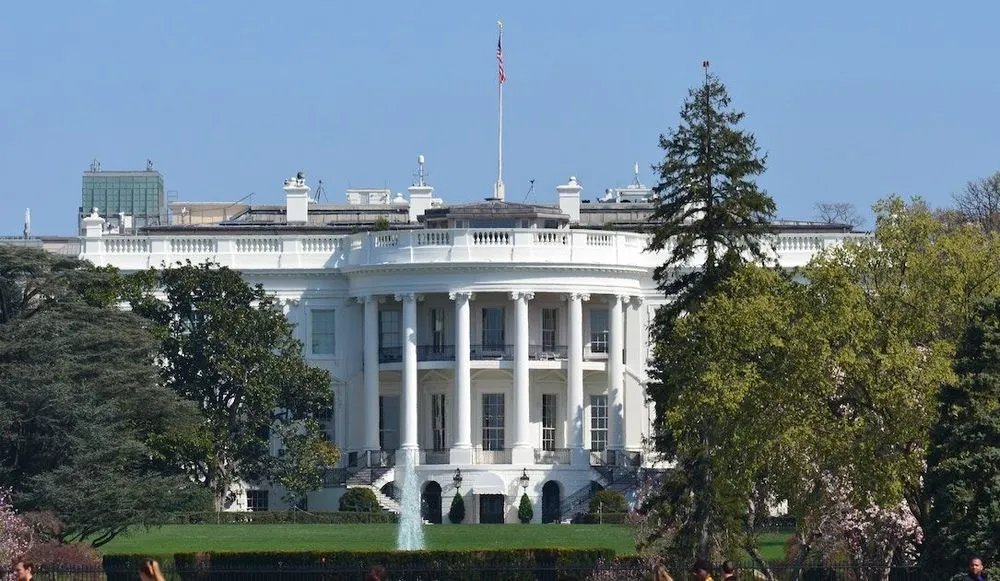Cyberspace Solarium’s successor points to 10 things Washington can do for US digital security
An influential digital policy group has teed up its top 10 suggestions for how the next presidential administration can boost U.S. cybersecurity, including some proposals that predate the Biden White House.
The annual implementation report from CSC 2.0 — the successor organization to the congressionally chartered Cyberspace Solarium Commission — offers updates on previous recommendations that the U.S. government has already put in place, but it also points to work that a new president and the next Congress could turn to in 2025.
Many of the top 10 recommendations are items that have been stalled since the Solarium issued its initial policy fixes in 2020, including continuity of economy planning to ensure that goods and services can still flow in the event of a devastating cyberattack and the creation of a Joint Collaborative Environment, a public-private effort to share threat information faster that Cybersecurity and Infrastructure Security Agency (CISA) has made moves to support but not formally established.
Another recommendation that remains stuck is an inventory of systemically important entities within U.S. critical infrastructure sectors, whose disruption would have major societal consequences, the role of the National Guard in cyberspace and the creation of a Bureau of Cyber Statistics to serve as a government a repository for cybersecurity data
“When we chose these recommendations, we considered their feasibility and sort of the immediate impact that they could have, which would allow the new leadership to build on the progress made over the last four years,” Jiwon Ma, a senior policy analysts at the Center on Cyber and Technology Innovation at the Foundation for Defense of Democracies, told reporters earlier this week.
Mark Montgomery, the executive director of the CSC 2.0, said the group has been contacted by the presidential transition teams about some of the ideas it has proposed and the reasoning behind them but “we are not being asked to provide a transition book or something that grand in nature.”
In 2020 the nonprofit produced a white paper for the incoming Biden administration.
The annual assessment shows that of the 116 total recommendations from original commission and its subsequent white papers, 52 are considered fully completed, while an additional 39 are “nearing implementation,” meaning that the suggestion is only its way to being folded into legislation or an executive order.
An additional 16 ideas are considered to be “on track” for completion, while nine have experienced limited or delayed progress.
“If you look at our top 10, three or four of those would have been my top 10 in 2020,” according to Montgomery.
Ma noted that while the latest report could serve as a blueprint for the next occupant of the White House, nothing is set in stone.
“You can look at this not as a fixed plan, per se, because even the Biden administration didn't follow CSC's recommendations step by step, and they've actually had a lot of creative solutions to implementing these recommendations,” she said.
“It's more about highlighting unique priorities and strategies that the incoming administration and Congress can consider rather than having it be, ‘This is the strategy that you have to follow, and this is the batten that you will receive.’”
Martin Matishak
is the senior cybersecurity reporter for The Record. Prior to joining Recorded Future News in 2021, he spent more than five years at Politico, where he covered digital and national security developments across Capitol Hill, the Pentagon and the U.S. intelligence community. He previously was a reporter at The Hill, National Journal Group and Inside Washington Publishers.



